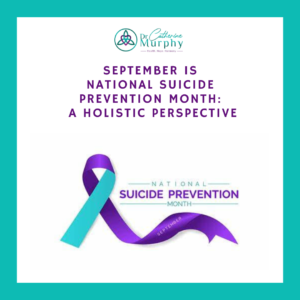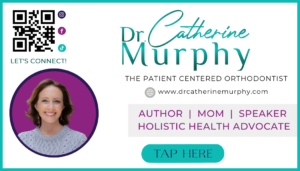
Before we begin, I want to acknowledge that this topic may be triggering for some. If you’re not
in a space where you’re ready to engage with this content, please feel free to skip this article.
Your well-being is always the priority.
In 2022, an estimated 1.6 million suicide attempts were recorded, according to the World Health
Organization (WIO). Suicide is currently the 11th leading cause of death in the United States.
These numbers are more than just statistics; they represent lives affected by profound pain, and
it’s likely that many of us have been touched by the loss of someone due to suicide. However,
with the right support and intervention, suicide is preventable. Like many aspects of healthcare,
prevention starts with open discussion and education.
Recognizing the Signs
One of the most important steps in preventing suicide is learning to recognize the signs in
others. Some common warning signs include:
Withdrawal from friends, family, and activities they once enjoyed.
Talking about feeling hopeless or having no reason to live.
Increased use of alcohol or drugs.
Sleeping too little or too much.
Extreme mood swings or sudden changes in behavior.
If you notice these signs in someone, it’s essential to reach out. A simple check-in, offering a
listening ear, and showing that you care can make a world of difference. It’s equally important to
follow up with them regularly, as those struggling with thoughts of suicide may feel like a burden
and hesitate to reach out themselves. However, remember that while your support is crucial,
you are not their psychiatrist. Encourage them to seek professional help and provide information about free resources available to assist them. If you believe someone is in immediate danger,
call 988, the national mental health crisis number, right away. (More resources listed at the end.)
Daily Self-Care as Prevention
Just as it’s important to be vigilant about the well-being of others, caring for our own mental
health is essential. No one talks to us more than we do inside our own heads. By taking time
each day to slow down and engage in self-care, we can clear our minds of the negative chatter
that can otherwise take over.
Here are some practices to consider:
Mindful Movement: Engage in activities like yoga, walking, or any form of exercise that helps
you connect with your body and release tension.
Regular Check-ins with Yourself: Take time each day to assess how you’re feeling emotionally.
Journaling, meditation, or simply sitting quietly with your thoughts can be grounding.
Prioritize Rest: Sleep is essential for mental health. Ensure you’re getting enough rest to
support your emotional and physical well-being.
Healthy Boundaries: Protect your mental space by setting boundaries, whether it’s with work,
social media, or relationships. Knowing when to say no is a form of self-care.
Connection: Reach out to loved ones regularly. Building and maintaining strong social
connections can provide a support network when you need it most.
If you’re looking for support in starting a daily self-care routine, I invite you to join our Facebook
community, Take3ForMe™ Connections Made in Harmony. Co-founded by Bre Grzych and
myself, this group offers a simple practice that can be completed in just 3 minutes—or longer if
you have the time. Bre’s background in Traditional Chinese Medicine (TCM) and massage
therapy, combined with my airway-focused approach to health, creates a well-rounded routine
emphasizing movement, breathwork, and positive thinking. This community is a passion project
of ours with no strings attached—just a shared goal of helping others take steps toward better
health, happiness, and maintaining hope.
Resources and Support
If you or someone you know is struggling, there are resources available to help. The national
mental health crisis number, 988, is available 24/7 for immediate support. Whether you’re in
crisis or just need someone to talk to, this number can connect you with trained professionals
who can provide the help you need.
Other resources include:
The National Suicide Prevention Lifeline: Call 1-800-273-TALK (8255) for confidential support.
Crisis Text Line: Text HOME to 741741 to connect with a crisis counselor.
Mental Health America (MHA):
Hope for the Day https://www.hftd.org/
American Foundation for Suicide Prevention https://afsp.org/
ADA Resources for Dentists https://www.ada.org/resources/practice/wellness
During Suicide Prevention Month and always, let’s focus on creating an environment where
mental health is prioritized and openly discussed. By staying informed, offering genuine support,
and incorporating daily self-care into our lives, we can make a meaningful impact in preventing
suicide and enhancing overall well-being. Our collective efforts can help ensure that support and
hope are always accessible.

